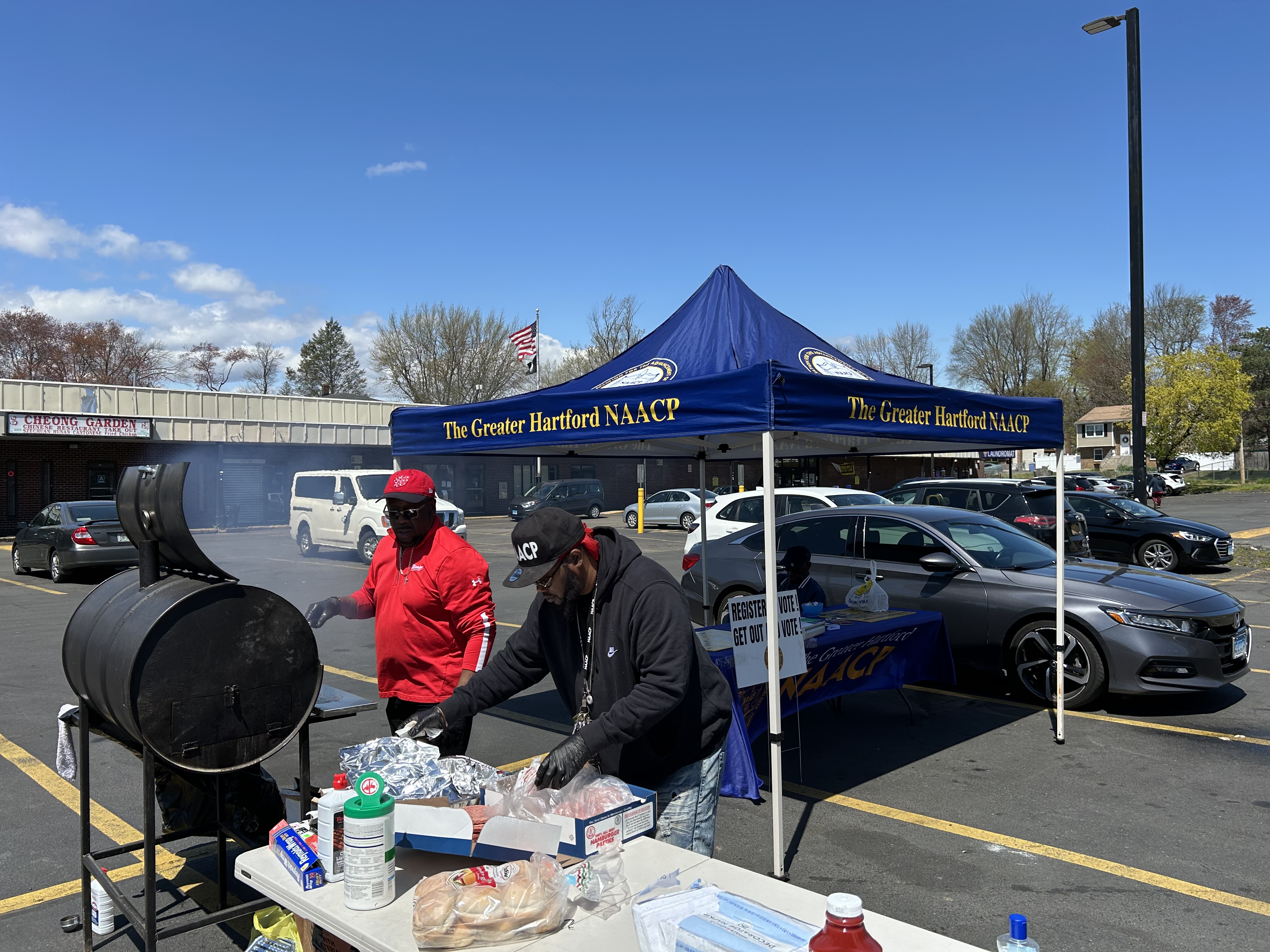Bees do more than just pollinate pretty flowers, they are very busy bees and there are a number of factors threatening their population in Connecticut.
Bees can sometimes get a bad rap, but they do way more good than harm. Honey bees help produce a lot of the food we eat -- fruits, vegetables, and even almonds.
“Flowers and pollinators have a relationship built on reciprocity,” said Alan Holmberg, beekeeper and owner of Full Bloom Apiaries in North Franklin. “Whereby the flower produces nectar which attracts the pollinator to the flower and while it is working the flower gathering the nectar it’s moving around on the flower head gathering pollen and then moving that pollen from one part of the flower to another.”
There are a wide variety of pollinators in Connecticut. We have native species like mason bees, orchard bees, and squash bees in addition to better-known honey and bumblebees. The state's other pollinator, such as butterflies, hummingbirds, moths, and bats also help our habitats and ecosystems.
Of all of the pollinators, bees are the most threatened. In 1986, varroa mites invaded North America and began feeding on honeybees.
“It would be the equivalent of a tick the size of a dinner plate on you or me,” said Holmberg.
Climate change is also impacting the bees. Large temperature swings and drought conditions put stress on the environment which also puts stress on the plants producing pollen that pollinators forage on.
Local
"And if the plants are stressed then maybe the pollen that they’re producing is, the protein value that pollen is lower than it normally would be and if it’s really dry conditions then the plant may not be able to produce any nectar,” Holmberg said.
Without nectar, our food supply is impacted. Honeybees are responsible for anywhere from 15-30% of Connecticut's food production.
“It’s getting harder and harder to keep our hives strong and healthy on an annual basis,” said Holmberg.
So what can be done?
Planting forage that pollinators pollinate, such as milkweed, joe pie weed, boneset, and goldenrod -- pretty flowers that also help pollinators -- that can be found at local garden centers.



